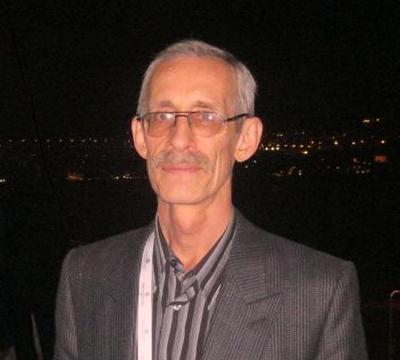Kyrgyzstan joined the rank of failed states this month: its central government lacks legitimacy and depends heavily on external aid, with the US base looming large, while the people are largely destitute, harassed by local thugs and drug barons, and looking to Moscow for a way out.
Clashes in the south are worse than earlier reported, responsible for more than 300 killed, mostly Uzbeks, and setting off a massive wave of refugees, with 100,000 people crammed in camps on Kyrgyzstan's border with Uzbekistan and tens of thousands more displaced. The clashes are almost certainly the result of a provocation organised by the clan of ousted president Kurmanbek Bakiyev.
The issues at stake are the referendum next Sunday to legitimise the interim government, and the drug trade, which Bakiyev's clan still controls and is loathe to give up. Heroin comes from Afghanistan via Tajikistan and is repackaged in Osh before being transported west to Uzbekistan and north to Kazakhstan and Russia, according to the UN. The killing two weeks ago of Aibek Mirsidikov, one of the drug kingpins in the area, threatened the Bakiyev clan's control. The rest is history.
Jalalabad province commandant and first Deputy Chairman of the Kyrgyz State National Security Service Kubatbek Baibolov charged that a group of Tajik citizens, hired by the Bakiyev clan, opened fire indiscriminately on both Kyrgyz and Uzbeks sparking the riots. Former Kyrgyz president Askar Akayev told RT.com that Bakiyev's brothers Ahmad and Janysh paid criminals and unemployed youths "in suitcases of cash to start bashing people up and set everything on fire." Bakiyev had cleaned out the banks and the Finance Ministry when he was ousted in April. Days before the current uprising unemployed youth were suddenly flush with cash, said Akayev.
The ex-president's son Maxim's indictment by Italian investigators is what sparked his father's overthrow in April. That the US was not the culprit this time (as opposed to the Tulip Revolution in 2005) is suggested by the fact that the new government continues to threaten to close down the US airbase -- this time, if Britain refuses to hand over Maxim, who was arrested Sunday at Farnborough airport when he arrived by private plane, fleeing an Interpol arrest warrant on charges of corruption and misusing state funds. He is of course seeking political asylum in Britain. "England never gives up people who arrive on its territory. But since England and the US fight terrorism, and the arrangement with the airbase is one of the elements of that fight, then they must give over Maxim Bakiyev," warned Azimbek Beknazarov, deputy leader of the interim government.
This is not just a tragedy for the normally peaceful Uzbeks and Kyrgyz, but also an alarming development for the entire ex-Soviet space. Russia is now faced with the worst post-Soviet political crisis in its "near abroad", where it insists -- rightly -- that it has special claims, having millions of Russians scattered throughout those countries, with intimate economic and cultural links from centuries of both imperial and state socialist development. But where there are claims, there are also responsibilities.
This is no better illustrated than the call by both sides, Uzbeks and Kyrgyz alike, for Russian peacekeeping troops to be deployed as disinterested mediators who understand the region and can communicate with locals, unlike NATO forces in Afghanistan. The spectre of Russians policing the streets of Osh raises none of the loathing and fear that US and NATO troops patrolling, say, Marja, prompts. The peoples of virtually all the ex-Soviet quasi-states (except the Baltics) would rejoin a Soviet-type union in a flash as opinion polls continue to confirm two decades after its ignominious "collapse". When Kyrgyzstan twitches, Russia feels it, and vice versa.
Trying to put Humpty-Dumpty together again is impossible at this point. Instead, the Russian strategy since Yeltsin has been to do everything possible to keep these quasi-states stable, whatever their political leanings. Even the Georgian bete noire Saakashvili was left in place during his war with Russia in 2008. But this hands-off approach has left a vacuum that the US has been filling, with its "democracy building", colour revolutions and bases, oblivious to the fact that the new states it helpedgive birth toin the first place are more like premmies -- fragile and needing careful nurturing, always in danger of dying.
(Note: You can view every article as one long page if you sign up as an Advocate Member, or higher).





